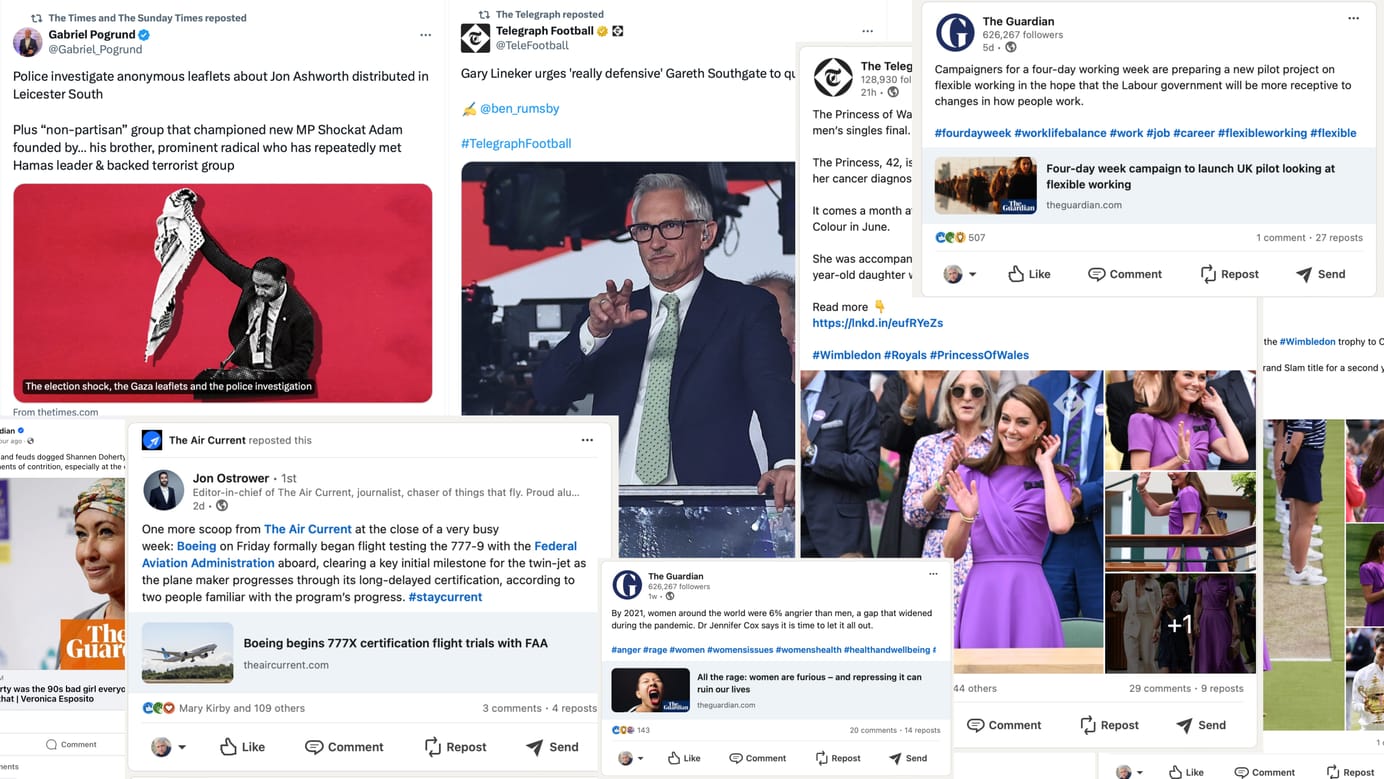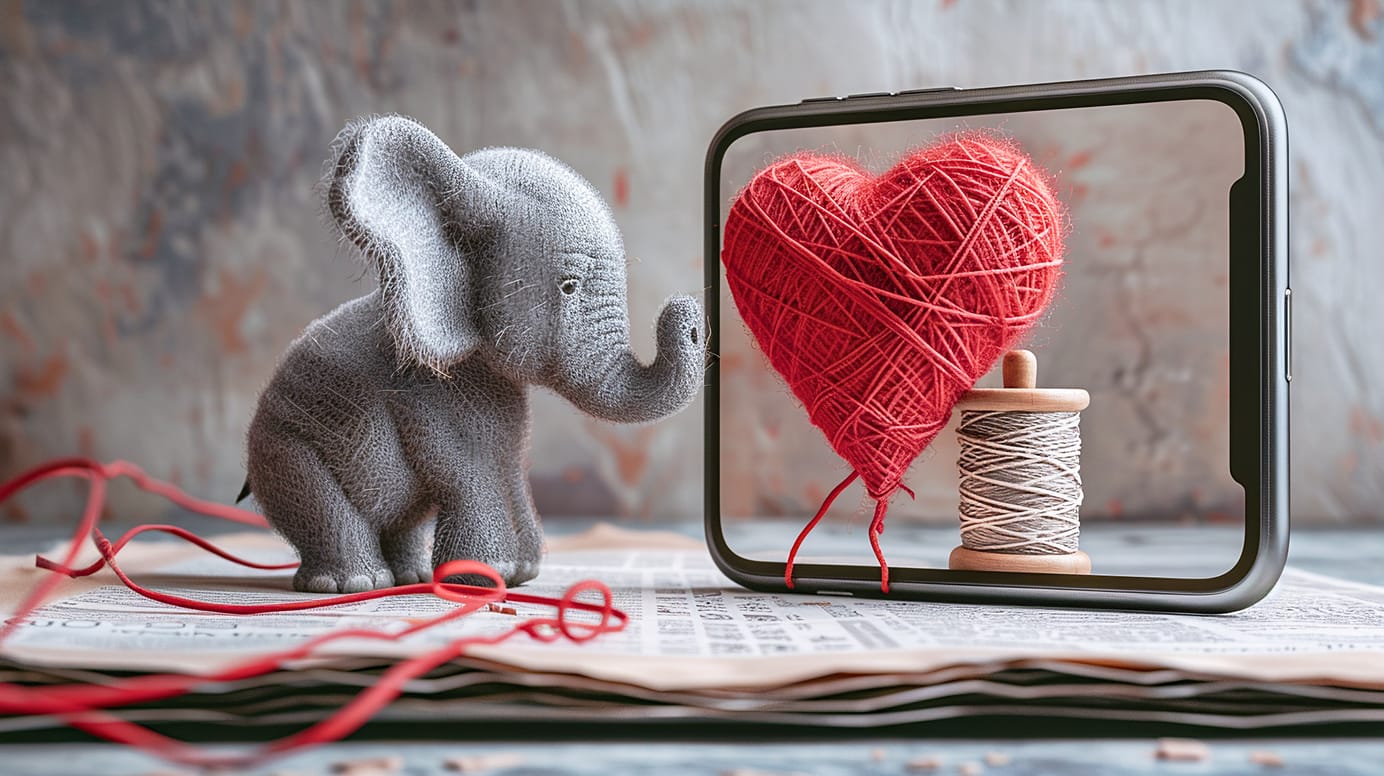
Meeting an islamophobic troll
What happens when a muslim writer meets his persistent troll? An insight into the way the lonely and struggling can be sucked in by a feeling that they are part of something special.
It's been a while since we've had a good example of the "writer meets their troll", but this long read from The Guardian is worth a read this weekend. It's an extract from Follow Me, Akhi: The Online World of British Muslims by Hussein Kesvani, and it sees the author reach out to a persistent islamophobic troll, and engage him in conversation.
And then he takes it a step further:
I stood in front of a house on a quiet, suburban road just a few miles outside of Birmingham city centre, finally about to meet my anonymous online interlocutor. A middle-aged man opened the door, wearing a pair of three-quarter-length khaki shorts and a plain blue T-shirt with two yellow stains on the front.
The troll had been through a rough divorce:
Around the same time, amid his marital trouble, Phil began spending more and more of his free time browsing websites that “weren’t the mainstream media or the biased BBC”. He started off reading obscure blogs he found on Google, including Truthseekers.org, which posted about the Illuminati and accused “elites” – politicians, celebrities and journalists – of having secret meetings where they ultimately planned to control the British population. From these blogs, Phil moved on to reading about the “great replacement”, a rightwing conspiracy theory claiming that white British people are being discouraged from getting married and having children, as part of a sinister plot to replace them with non-white Muslim migrants and refugees.
It's a classic story of someone feeling lonely and powerless gaining the illusion of empowerment and specialness through engaging with conspiracy theories. And where it goes from there is compelling reading. Through Phil, Hussein starts to explore the network of people underlying the hate on social media. After the revelations of state-sponsored bots and accounts spreading propaganda, it's easy to forget that real humans make and spread this stuff, too.
Solving that is going to require a human-level response, I suspect. But the end of the feature doesn't give you much hope for any short-term resolution of this. If anything, it makes plain just how big a hill we, as a society, have to climb to deal with what we've unleashed.
Sign up for e-mail updates
Join the newsletter to receive the latest posts in your inbox.










